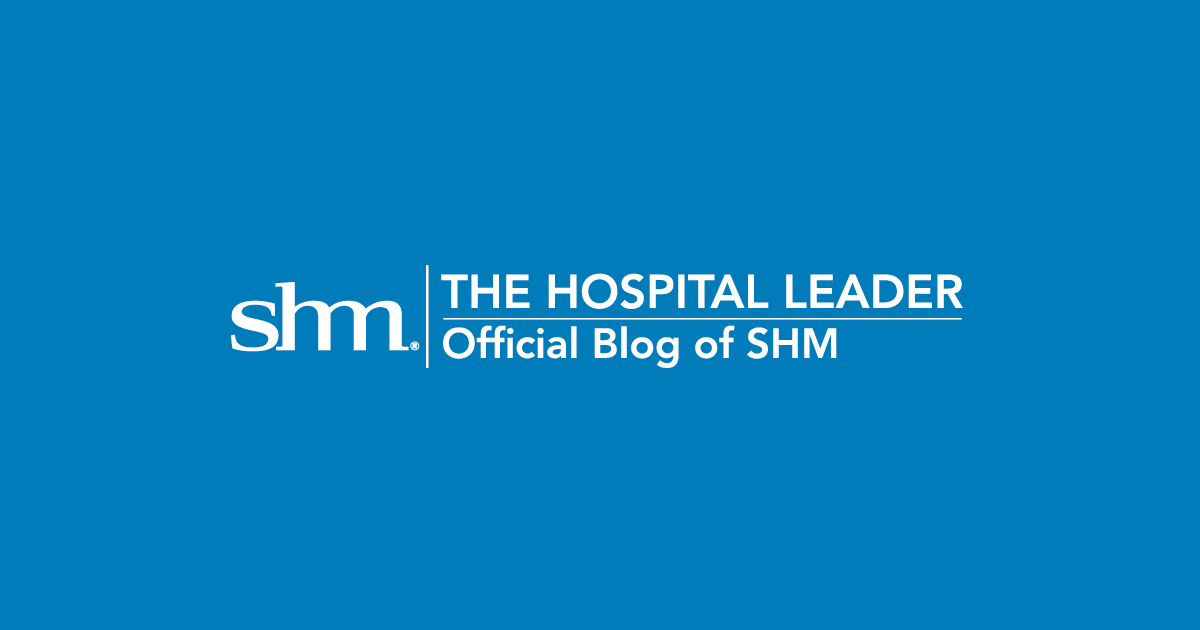Here we are, faced with history in real time. A plague upon a plague.
A new one and a longstanding one. COVID-19 and racial injustice.
Both are plagues upon our medical house, and it’s time for some spring cleaning.
Initially, COVID-19 concerns brought news of an infection coming for anyone and everyone. Like the Black Death, it was supposedly “the great equalizer,” the Triumph of Death, regardless of station in life.
Yet, as the COVID-19 story unfurls, it’s clear that minorities are disproportionately affected, just as they always seem to be. In Chicago, for example, African Americans make up 70% of the COVID-19 deaths, yet only 29% of the population. Similar findings can be found in Milwaukee and Louisiana, and other parts of the country. As noted by Yearby et al, in the Journal of Law and Biosciences, “These racial and ethnic disparities in COVID-19 infections and deaths are a result of historical and current practices of racism that cause disparities in exposure, susceptibility and treatment.”
People of color are disproportionately affected, an outcome of racial health disparities. And these disparities are a public health crisis, sitting in the living room of our house. Disparities continue to exist in national infant mortality, maternal health, death due to premature heart disease and stroke. They exist in access to care and are playing out in real-time during this pandemic.
COVID-19 and racial injustice, in addition to being sociologic and economic crises, are both public health crises that are plaguing our Black communities. Consider the case of police violence is a public health issue. Black males are three times more likely to be killed by police than non-Hispanic White males.
This is a dying room in our medical house, with our patient lying alongside a history of medicine littered with racial injustice, telling us, “I can’t breathe.”
As professionals, we must run to that patient. Professionalism bears the pillars of our ethical principles of primacy of patient welfare, patient autonomy and social justice. We work hard on the first two. Medical errors, quality improvement, communication, patient safety. All important. But too often dance, or sit silently, around the third.
Here’s an excerpt from 2016, from Moral Choices for Today’s Physician, Don Berwick:
“The work of a physician as healer cannot stop at the door of an office, the threshold of an operating room, or the front gate of a hospital. The rescue of a society and the restoration of a political ethos that remembers to heal have become the physician’s jobs, too. Professional silence in the face of social injustice is wrong.
It is chilling to see the great institutions of health care, hospitals, physician groups, scientific bodies assume that the seat of bystander is available. That seat is gone. To try to avoid the political fray through silence is impossible because silence is now political. Either engage or assist the harm. There is no third choice.”
He echoes the words of Rev. Dr. Martin Luther King Jr. from 1959, in Birmingham:
“If you fail to act now, history will have to record that the greatest tragedy of this period of social transition was not the strident clamor of the bad people, but the appalling silence of the good people.”
I have this space to write and speak up, and I urge many of you to do the same. Write to your local newspaper. Share your stories. Listen to others. Engage with your society. Create the space in your practice, your group, your hospital, your department for listening, learning, relearning, educating and acting.
It’s not easy speaking up, speaking out. Yet, this is our foundation, our call, our professional obligation. We must remember George Floyd, Breonna Taylor, Sandra Bland, Eric Garner, Tamir Rice, Trayvon Martin and too many others. To recognize the humanity behind the injustices, and to call out their names.
This is lesson 101 on the wards. It’s not the heart failure in bed 1 or the sepsis in bed 2, but the mother, brother, father and sister who seek out just care. Humanity reaching out their hand and we must grab it.
I came to medicine for the compassion, for the love, for the comforting hand offered to our patients. That compassion by definition requires action.
“If compassion without wisdom is blind, compassion without action is hypocritical.” Matthieu Ricard, Altruism. The Power of Compassion to Change Yourself and the World.
Silence is inaction. Let’s act.



So well thought out. So well written. I appreciate your words.
Thanks, Gail, for your kind response.
Excellent insight into the country’s burning medical and social urgencies!
Thanks, Dr. Olufemi, for your response. I’m learning how to do better, to listen, to educate myself and others.
Jordan What you have said here is so very important. I will copy this & forward to all in my e-mail list. Thank you